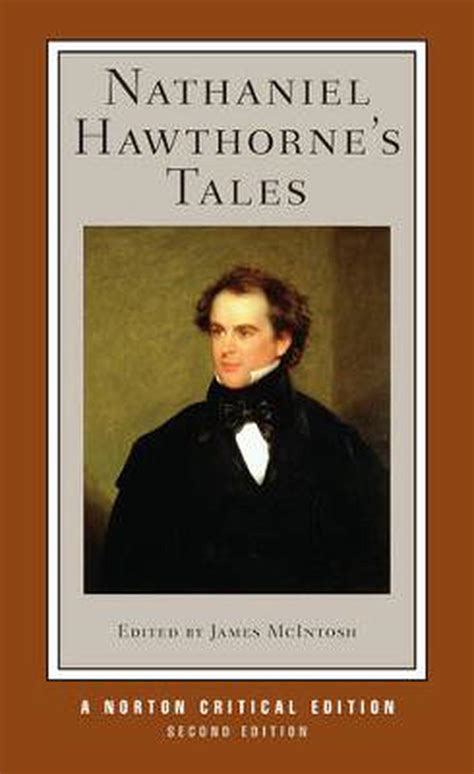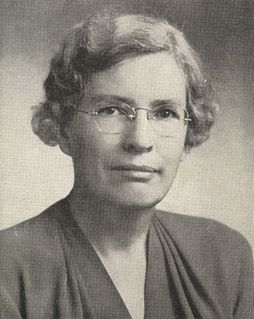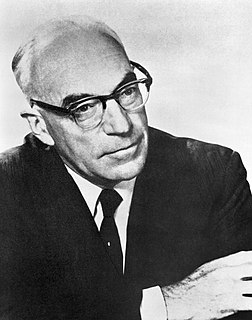A Quote by Immanuel Kant
Religion is the recognition of all our duties as divine commands.
Related Quotes
Religion is the only solid basis of good morals; therefore education should teach the precepts of religion, and the duties of man toward God. These duties are, internally, love and adoration: externally, devotion and obedience; therefore provision should be made for maintaining divine worship as well as education. But each one has a right to entire liberty as to religious opinions, for religion is the relation between God and man; therefore it is not within the reach of human authority.
What is required of us now is a new era of responsibility - a recognition, on the part of every American, that we have duties to ourselves, our nation, and the world, duties that we do not grudgingly accept but rather seize gladly, firm in the knowledge that there is nothing so satisfying to the spirit, so defining of our character, than giving our all to a difficult task. This is the price and the promise of citizenship.
See, then, how powerful religion is; it commands the heart, it commands the vitals. Morality,--that comes with a pruning-knife, and cuts off all sproutings, all wild luxuriances; but religion lays the axe to the root of the tree. Morality looks that the skin of the apple be fair; but religion searcheth to the very core.
[Religion] attacks us in our deepest integrity - the core of our self-respect. Religion says that we would not know right from wrong, we would not know an evil, wicked act from a decent human act without divine permission, without divine authority or without, even worse, either the fear of a divine punishment or the hope of a divine reward. It strips us of the right to make our own determination, as all humans always have, about what is and what is not a right human action.
If religion commands universal charity, to love our neighbors as ourselves, to forgive and pray for all our enemies without any reserve; it is because all degrees of love are degrees of happiness, that strengthen and support the Divine life of the soul, and are as necessary to its health and happiness, as proper food is necessary to the health and happiness of the body.
Science and religion are very much alike. Both are imaginative and creative aspects of the human mind. The appearance of a conflict is a result of ignorance. We come to exist through a divine act. That divine guidance is a theme throughout our life; at our death the brain goes, but that divine guidance and love continues. Each of us is a unique, conscious being, a divine creation. It is the religious view. It is the only view consistent with all the evidence.
The Divine was expansive, but religion was reductive. Religion attempted to reduce the Divine to a knowable quantity with which mortals might efficiently deal, to pigeonhole it once and for all so that we never had to reevaluate it. With hammers of cant and spikes of dogma, we crucified and crucified again, trying to nail to our stationary altars the migratory light of the world.
We should remember that the Declaration of Independence is not merely a historical document. It is an explicit recognition that our rights derive not from the King of England, not from the judiciary, not from government at all, but from God. The keystone of our system of popular sovereignty is the recognition, as the Declaration acknowledges, that 'all men are created equal' and 'endowed by their Creator with certain unalienable Rights.' Religion and God are no alien to our system of government, they're integral to it.








































